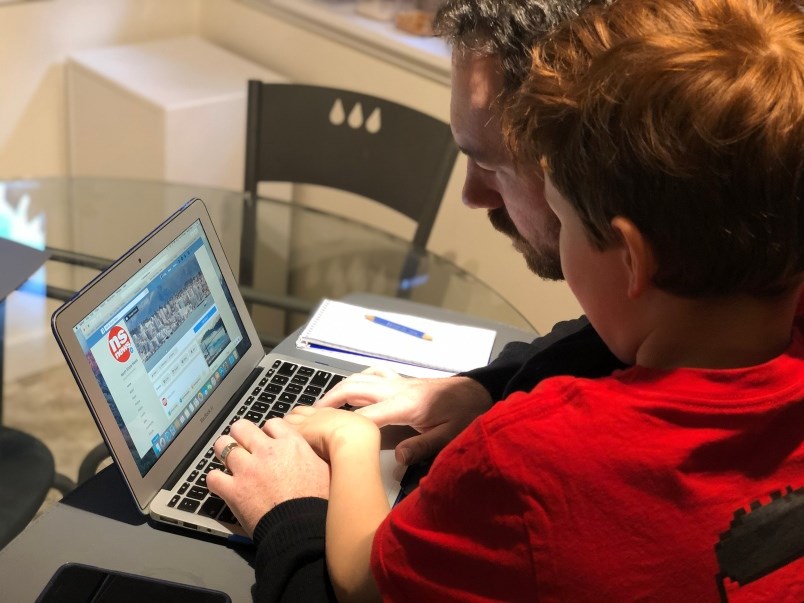Canadian workers have seen a massive shift in where they do their job, with the number of people working from home tripling to 21 per cent by 2023 in a trend that appears to save time and benefit the well-being of teleworkers, a new Statistics Canada study has found.
The study gathered worker data from July 2022 to July 2023. It marks the first time StatCan has measured both teleworking and time use since the onset of the COVID-19 pandemic, and paints a picture of “how people spend time in their daily lives.”
On May 5, 2023, the World Health Organization had already declared an end to COVID-19 as a global health emergency. But two months later, 21 per cent of Canadians were still working most of their hours from home, a tripling of the seven per cent who worked from home in 2016 and only a three per cent decline from the previous summer.
The study found those who worked from home benefited from more personal time during the day.
“Teleworkers saved over an hour, on average, by not having to commute on the days that they worked from home,” write the StatCan authors.
When Canadians worked from home, they were found to have spent 21 per cent more time doing unpaid work, like household chores or caring for children.
The report’s authors speculate that working from home “may be a key tool in balancing the competing demands.”
Increases in time spent on housework among teleworkers was seen for both men and women, though the latter still tended to do more work.
“In total, both fathers and mothers who worked from home on the diary day spent about 1.2 hours (71 minutes) more per day actively caring for, supervising, or being with their children, compared with parents who did not telework,” the study says.
Working from home impacts sleep, leisure activities
Working from home was also found to impact sleeping, eating patterns and how much time was spent on leisure activities.
The authors found teleworkers slept 23 minutes more than non-teleworkers and 19 minutes more than on-site teleworkers — a group that teleworked for a week and later worked on-site. Leisure time went up 30 minutes a day for teleworkers compared to the other groups.
In a perhaps predictable finding, the time teleworkers spent on personal care dropped 24 per cent compared to non-teleworkers.
“This may be due to lower pressure on those working from home to spend time on activities such as grooming or personal hygiene, compared with those who work at an office or another workplace,” the study says.

The combined effects of working from home showed teleworkers were 12 to 14 per cent more likely to report being more satisfied in their work-life balance.
In an unexpected discovery, the StatCan researchers found people who teleworked for a week and then worked on site were most likely to have higher levels of time pressure.
Those on-site teleworkers were found to be more likely to report “constantly being under stress, cutting back on sleep, and being worried that they did not spend enough time with their family and friends,” the authors write.
“It is not clear why on-site teleworkers may feel more time pressure,” the study speculates. “Having to alternate between the workplace and working at home might contribute to decreased stability in schedules, possibly contributing to increased time pressure.”



